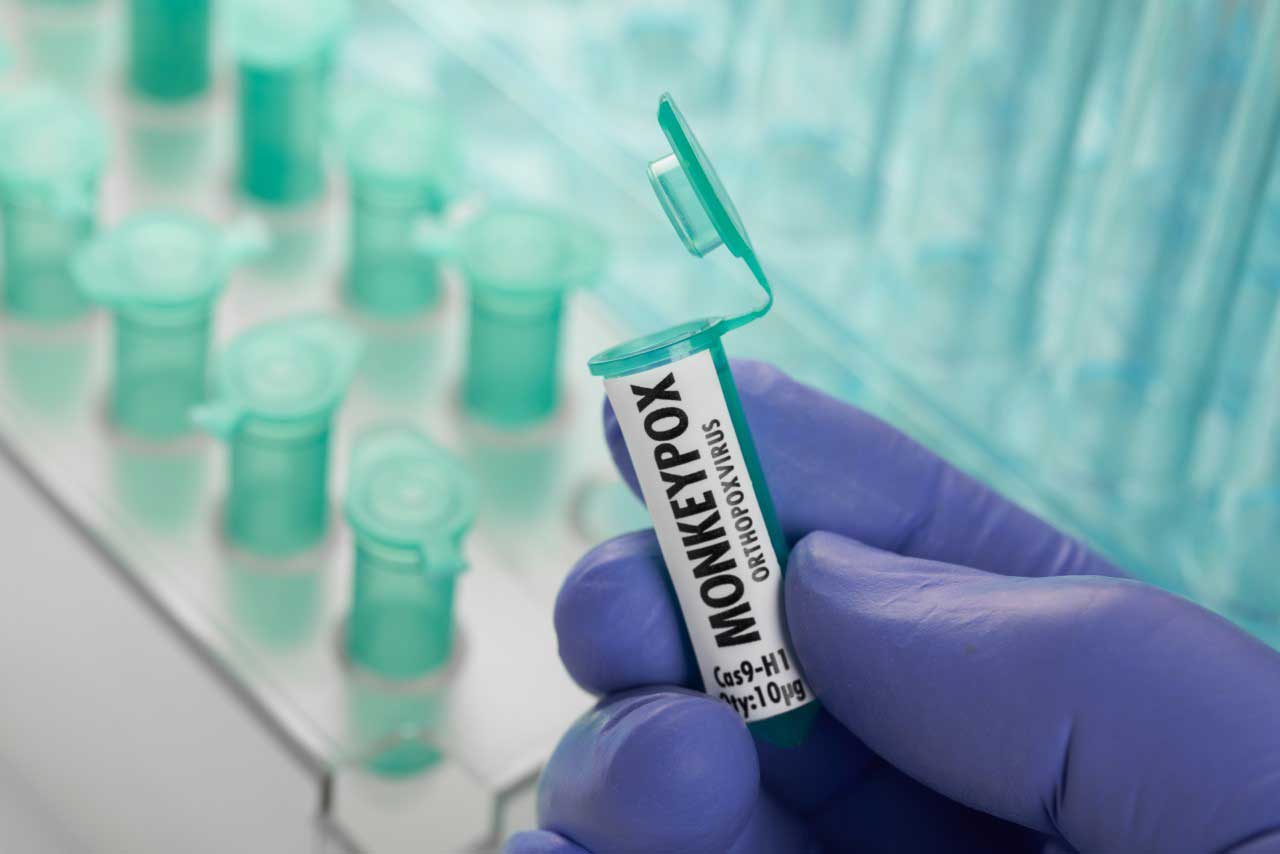The World Health Organization will reconvene its monkeypox emergency committee in the week of July 18, or earlier if necessary, its chief said.
“I remain concerned about the scale and spread of the virus,” Tedros Adhanom Ghebreyesus said at a press conference in Geneva, where more than 6,000 cases have been confirmed in 58 countries.
Monkeypox is a virus transmitted to humans from animals, and its symptoms include fever, rash, and swollen lymph nodes.
Most human cases of the virus occur in Central and West Africa, where the disease is endemic.
However, on May 20, it became known that the disease had been detected in many other countries, including the UK, Spain, Belgium, France, Sweden, Italy, Australia, Germany, and Canada.
On June 16, the World Health Organization (WHO) announced that it was beginning to investigate whether the virus was present in the semen of infected patients, looking into the possibility of sexual transmission of the disease. Many cases of the disease, are concentrated in Europe, among sexual partners who have had close contact with men, the organization notes.
According to the latest WHO data, about 1,300 cases of monkeypox have been identified worldwide, mainly in Western European countries where the disease is not endemic.
According to the EU, about 900 cases of monkeypox have been detected in the Union in 19 member states, forcing Brussels to sign an agreement to purchase 110,000 doses of monkeypox vaccine.

